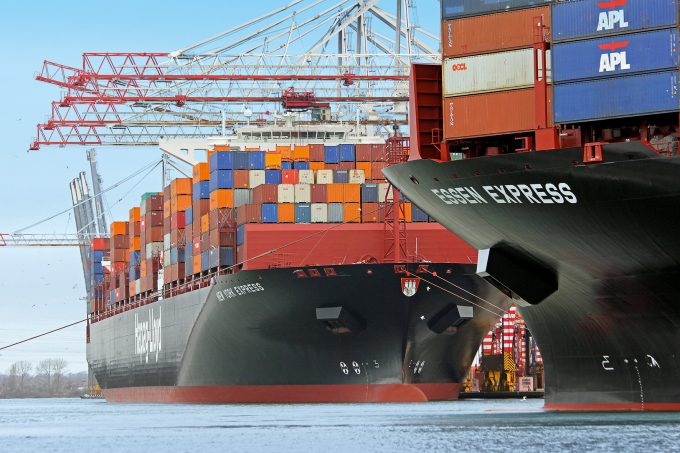Maersk developing the tech to create the 'Amazon of logistics'
Maersk is looking to build an “Amazon for logistics” with its integrator strategy, supported by ...

Non-operating feeder containership owner MPC Containerships (MPCC) said this week it was “looking forward” to the Gemini vessel-sharing cooperation between Maersk and Hapag-Lloyd, as it could “fuel demand” for feeder ships.
Hapag-Lloyd said last week it was “slightly ahead of schedule” on its network planning, which will see the Gemini Cooperation offer 58 east-west services from next February, comprising 26 main line and 32 shuttle services.
However, shippers will need to be convinced of the robustness ...
Trump tariffs see hundreds of cancelled container bookings a day from Asia
'Disastrous' DSV-Schenker merger would 'disrupt European haulage market'
'To ship or not to ship', the question for US importers amid tariff uncertainty
'Chaos after chaos' coming from de minimis changes and more tariffs
List of blanked transpac sailings grows as trade war heats up and demand cools
EC approves DSV takeover of DB Schenker
Shippers in Asia restart ocean shipment bookings – but not from China
Forto 'sharpens commercial priorities' as it lays off one-third of staff
India withdraws access for Bangladesh transhipments, in 'very harmful' decision
'Tariff hell' leaves industries in limbo – 'not a great environment to plan'
IndiGo fleet expansion plan will include a major push to boost cargo volumes
Pre-tariff rush of goods from US to China sees air rates soar, but not for long

Comment on this article